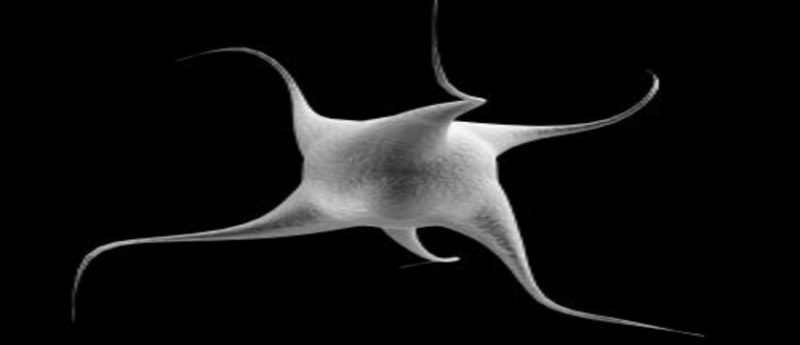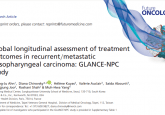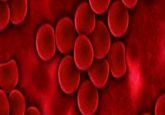Inhibiting macrophages to suppress tumor relapse following chemotherapy?

Combining chemotherapy with an agent that inhibits the action of M2 macrophages could help to slow or prevent disease recurrence in certain individuals with cancer. Such is the conclusion of a new study carried out by Cancer Research UK investigators and published this week in the journal Cancer Research.
The study determined that these M2 macrophages can be prompted to cluster around the blood vessels of a tumor that is undergoing chemotherapy-mediated cell death. Once concentrated in the tumor, these tumor-associated macrophages can promote tissue repair and the formation of new blood vessels – a process that can aid in tumor regrowth. By using an agent that inhibits this immune cell action (a drug termed plerixafor already used in other settings), the investigators at the University of Sheffield (UK) were able to notably reduce tumor recurrence following chemotherapy in a mouse model.
“Scientists already knew that the body’s drive to heal itself can sometimes backfire when the immune system reacts to tissue damage. Our research shows that treating tumors with chemotherapy can activate this part of the immune system, and this then helps tumors re-grow afterwards. But combining chemotherapy with a drug that switches off this part of the body’s repair system, slowed the growth of tumors after chemotherapy. This could be particularly important for patients who can’t have surgery and, therefore, need chemotherapy to help them live for as long as possible,” explained lead author of the study Claire Lewis from the University of Sheffield.
Further investigations are needed to determine whether preventing this immune response has the same impact in patients, but the study lays out an interesting rationale for the potential optimization of chemotherapeutic efficacy and prevention of relapse.
Sources: Hughes R, Qian BZ, Rowan C et al. Perivascular M2 Macrophages Stimulate Tumor Relapse after Chemotherapy. Cancer Res. doi: 10.1158/0008-5472.CAN-14-3587 (2015) (Epub ahead of print); Cancer Research UK press release




